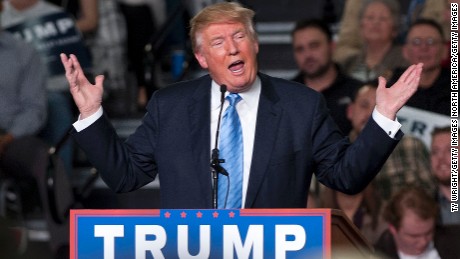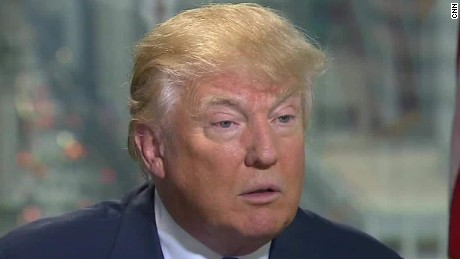Yup chances of being affected by a terrorist attack especially in the states (u euros have to worry more due to
proxmity) are extremely minute.. Yet we have trump beating the drums of islamophia as the military industrial complex smiles.. Calling to block all Muslims entering us .. Complete kneeslapper this type of rhetoric just fuels the fire and sets off a few more of the billions Muslims many poor with no future.. It's all one big joke.. divide and conquer.. Strip freedoms under the guise of fighting of foreign enemy.. Same as it always been I guess nothing u can do but observe and shake your head..
how many christians will murder somebody in America tonight?
proxmity) are extremely minute.. Yet we have trump beating the drums of islamophia as the military industrial complex smiles.. Calling to block all Muslims entering us .. Complete kneeslapper this type of rhetoric just fuels the fire and sets off a few more of the billions Muslims many poor with no future.. It's all one big joke.. divide and conquer.. Strip freedoms under the guise of fighting of foreign enemy.. Same as it always been I guess nothing u can do but observe and shake your head..
how many christians will murder somebody in America tonight?









